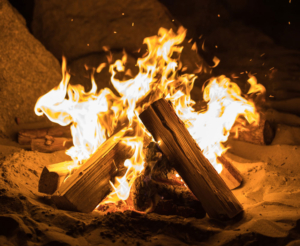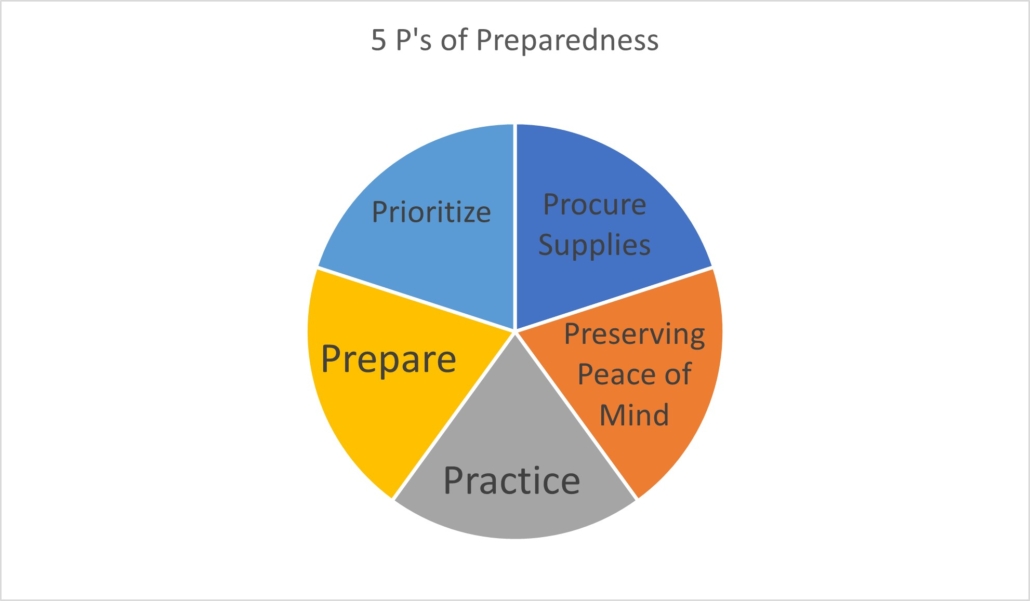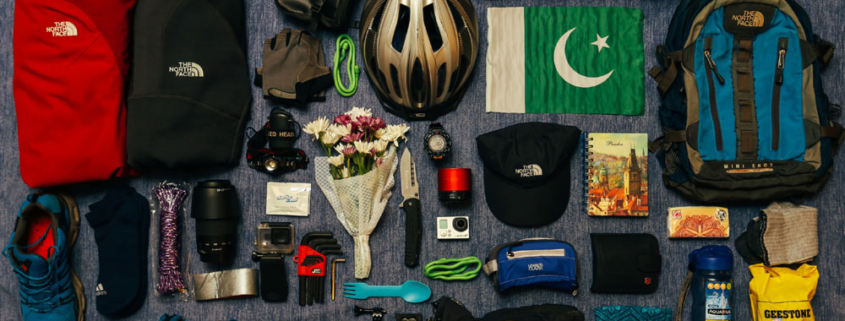Survivalists or Preppers? Navigating the Distinctions & Common Ground
In emergency preparedness, two terms often emerge: survivalists and preppers (short for someone who prepares for emergencies). While they may seem interchangeable and do have commonalities, there are distinct differences between the two philosophies. In this article, we’ll explore the nuances of survivalism and preparedness, and discuss how finding common ground can lead to a balanced approach to readiness.
Understanding Survivalism:
Survivalism typically embodies a rugged individualism and a focus on mastering wilderness survival skills. Survivalists often prioritize self-reliance and the ability to thrive in austere environments with minimal resources. They may emphasize tactics such as bushcraft, foraging, and primitive shelter-building, preparing for scenarios where societal collapse or extreme isolation necessitates a back-to-basics approach to survival.
Survivalists seek out situations to practice their skills, more often than not in the wilderness. A survivalist also often thinks a little more outside of the box often at more obscure threat possibilities. In my opinion I would say a survivalist has an excellent ability to assess the situation quickly, efficiently, and without panic, and then act accordingly.


Understanding Preppers:
On the other hand, preparedness, often associated with prepping, takes a broader and more holistic approach to readiness. Preppers focus on anticipating and mitigating a wide range of potential threats and emergencies, including natural disasters, economic downturns, and geopolitical instability. They emphasize comprehensive planning (lists, emergency binders, plans), stockpiling food, water and supplies, proper emergency fund savings, and developing diverse skills often to be able to be self sufficient for a period of time.
Whether due to having lost their job and they temporarily live on their food storage for a period of time, or a flood as left people hunkering down in their homes, they are able to safely survive until public service access if available again.

(1 month supply)
Finding Common Ground:

While survivalists and preppers may seem divergent, they share common goals of self-sufficiency, resilience, and readiness. Both philosophies recognize the 5 P’s of Preparedness and the importance of being proactive. By embracing the following principles, whatever style of preparedness you identify with, these are common categories to consider:
- Assessing Risks: Understand the specific risks and hazards relevant to your location and circumstances. Whether it’s earthquakes, hurricanes, or civil unrest, tailor your preparedness efforts to address the most probable threats in your area.
- Skill Development: Strive to acquire a diverse skill set that encompasses both wilderness survival skills and modern preparedness techniques. This may include first aid, navigation, food preservation, communication, and self-defense skills, among others.
- Adaptability & Flexibility: Remain flexible and adaptable in your preparedness approach. Recognize that circumstances may change rapidly, and your plans and strategies may need to evolve accordingly. Embrace a mindset of continuous learning and adjustment.
Conclusion:
In the discussion between survivalism and preparedness, there exists a spectrum of approaches to emergency readiness. By understanding these concepts, individuals can cultivate a well-rounded and adaptable preparedness mindset. Whether you identify as a survivalist, a prepper, or something in between, the ultimate goal remains the same: to be ready to face whatever challenges may arise with confidence, resourcefulness, and resilience.



